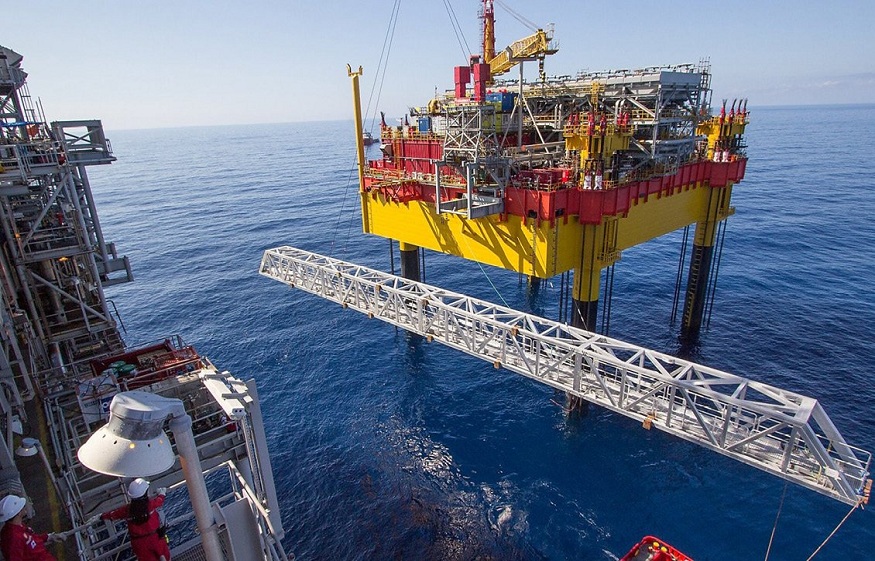Geologists are some of the most underrated professionals today. Without them, it would not have been possible to understand much about what goes on under the surface of the Earth. Moreover, without them, the oil and gas industries would look a lot different. An education background in geology comes as a huge help in the oil and gas industry. Paul Favret himself holds a summa cum laude and magna cum laude in Geology and Geophysics from the University of South Carolina. He has been a part of the oil and gas industry for years, and achieved great success in it.
Paul Favret discusses the role of a geologist in the oil and gas industry
Geologists use valuable data to effectively locate oil and natural gas reserves. They first have to research where oil and gas form. Typically, they form rocks like shale. Shale is a fine-grained rock that usually contains considerable amounts of hydrocarbons. One of the ways to find shale is to look at the rocks exposed at the surface of the earth. By making a geologic map and extrapolating the findings of the surface beneath, a reasonable assumption can be made about what type of rocks are present below. However, one problem with this approach is that oil and gas can be far beneath the surface. It is entirely possible that folds or faults may exist below that one may not see at the surface.
Another way to find out what is below the surface of the earth is to drill a core through it. Cores can be thousands of feet long. They provide a snapshot of what exists beneath a particular point. Cores have to be drilled several miles apart. This will help geologists to correlate the rock units and create an image of what exists below the surface and where. Locating oil and gas will become simpler by combining this information with the rocks exposed at the surface.
The third way to gain an understanding of what is below the surface of the Earth is to run a seismic survey. Seismologist is a type of a geologist who studies earthquakes and the properties of elastic waves throughout the earth. Earthquakes can create natural waves that move through the earth. By recording them, seismologists study earthquakes itself. They also study the properties of the different layers of the earth.
Broadly speaking, studying what is going on underneath the surface of the earth is probably the most important aspect of the job of a geologist. These professionals perform tests similar to ultrasound. The aim of these tests is to determine the best places for drilling. They also use their expertise and knowledge of sedimentary rocks and examine fault lines. Geologists may discover areas rich in oil and gas by evaluating fault lines.
It is imperative to know that the work of a geologist is not complete after finding the perfect drilling location. They have a number of responsibilities even as the drilling process commences. They also have to study the samples brought to the surface to determine if they are rich in oil and gas. Having an educational background in geology, Paul Favret ended up being the CEO and founder of Source Energy Partners. It is a Denver-based exploration and production corporation.

